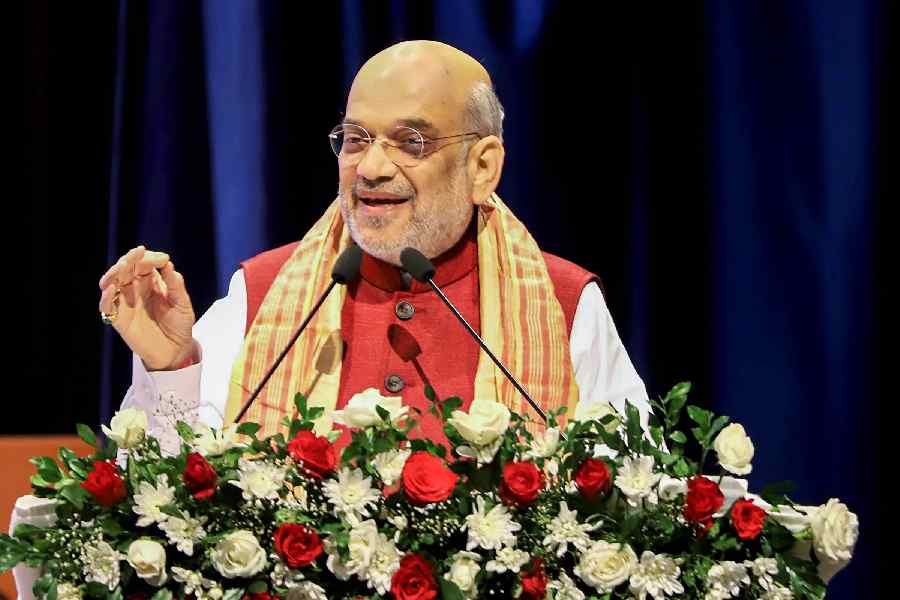The Union home minister seems to have addressed all needs in his series of orders in Manipur. That his visit to the strife-torn state was later rather than sooner is no matter in view of the efficiency with which he appeared to cover all bases amid grievances seething on both sides of the violence. A judicial commission shall decide its cause, a unified command coordinate the various security forces and the Central Bureau of Investigation look into six selected incidents. The two main tribes in the conflict, the Kukis and Meiteis, may not be the best of friends but neither is such violence between them common in recent times. They each have had worries for years. Recently, the threat of eviction of Kukis from forest regions after a land survey fuelled discontent. The match, however, was lit by a high court ruling asking the Centre to see if Meiteis could be given scheduled tribe status. Other tribes, particularly the Kukis, found this unacceptable for different reasons. Implicit in Amit Shah’s directions was the perception of the Manipur unrest as a law-and-order matter, with commissions, security forces and investigations to settle it. The Centre glossed over complications and fears that run deep, gathering grievances over the years.
The home minister ensured compensation for the wounded and families of the dead, medical assistance and a supply of rice and other essentials. What was most striking about the violence, however, was its manifestation as communal conflict, not ethnic rivalry as of yore. This is one layer over age-old tensions, and it has to be asked whether this is the explanation for the conflict that the government at the Centre and the state prefer. Not that Mr Shah was indiscreet enough to mention it. Rather, the idea of protection from ‘infiltrators’ from the Myanmar side implicit in the orders for boundary protection and biometric checking would increase fears about identity and belonging for at least one tribe. Implying division is a strange way to calm unrest. The appearance of providing order and security can leave the roots of violence untouched.











